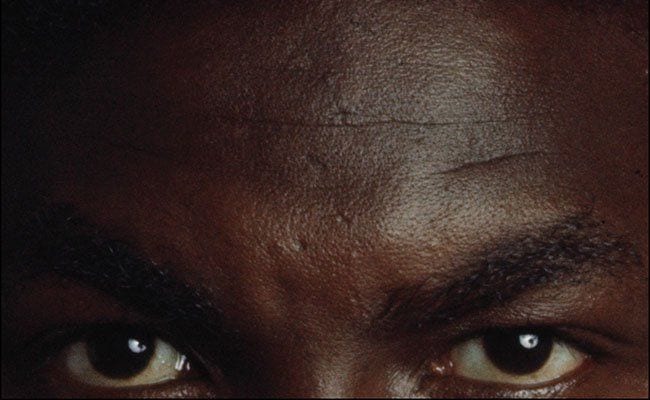
Arthur Alexander is one of those unsung heroes of rock ‘n’ roll who influenced a generation of great artists but is relatively unknown. His works were covered by the Beatles, the Rolling Stones, Bob Dylan, Otis Redding, Ike & Tina Turner, and many other famous stars. However, while Alexander is often considered an antecedent to these luminaries, he was actually a contemporary around the same age as them. His first singles were released in the early ’60s — with his first album arriving in 1962 — but his output during the height of the decade was sparse because of personal circumstances. His self-titled second full-length did not come out until 1972. Fortunately, Omnivore’s re-release features the entire album and six bonus tracks.
Those already in possession of the original 12 songs probably won’t bother repurchasing the disc for the new cuts. However, the extra music has merit as both art and artifact. Alexander sings a contemporary version of the folk legend about an honorable man who dies at war and whose buddy must go back home to tell what happened. Remember, this was recorded during the Vietnam War, when just a mention of war was a political act in popular music. The other bonus tracks are more upbeat; for instance, he does a rollicking cover of Billy Swan’s “Lover Please” and a boisterous version his own “They’ll Do It Every Time”.
Alexander has a remarkably intimate, conversational voice that makes him sound like a friend telling stories. The naturalness of his approach makes his music warm and affecting, sharing an affinity with the gospel-turned-secular R&B that made Sam Cooke, Bobby Womack, and others so damn good. These songs express heart and soul.
Many critics consider the original Arthur Alexander a classic, although it flopped during its initial release. He’s ably backed Muscle Shoals studio’s guitarist Eddie Hinton, Memphis master Tommy Cogbill on bass (that’s him on Dusty Springfield’s “Son of a Preacher Man”), and Nashville drummer extraordinaire Kenny Malone. The track selection is somewhat of a mishmash of styles that showcases Alexander’s ability to make any song his own.
Alexander recorded several Dennis Linde songs, including “Burning Love” before Elvis made it a hit, and the differences between him and the King reveal what made Alexander special. Presley engulfs himself in the flames of love. From the very beginning of the song, he lets out the clutch and sings at maximum intensity. When Elvis croons in the last verse that the fire is coming closer, you wonder why he’s been singing about the heat for so long if it hasn’t touched him. In contrast, Alexander starts out energetically and lets the song build. The horns behind him convey the fire growing, but his vocals remain steadfast. Love carries him away as a willing participant.
The album contains several other Linde songs, including the celebratory “Call Me Honey”, the exotic “Call Me in Tahiti”, and the welcoming “I’m Coming Home”. Alexander also covers three Donnie Fritts’ titles: the plaintive “Rainbow Road”, the reflective “Come Along with Me”, and the gospel “Thank God He Came”. There are also three Alexander self-penned titles. All the material showcases Alexander’s wistful way of dealing with life’s joys and miseries as part of the journey.
Because of the commercial failure of this record, Alexander did not record another album for over 20 years, and when he finally did, he died soon after. This reissue of Arthur Alexander suggests how much music was lost by his absence from the scene.


![Call for Papers: All Things Reconsidered [MUSIC] May-August 2024](https://www.popmatters.com/wp-content/uploads/2024/04/all-things-reconsidered-call-music-may-2024-720x380.jpg)



